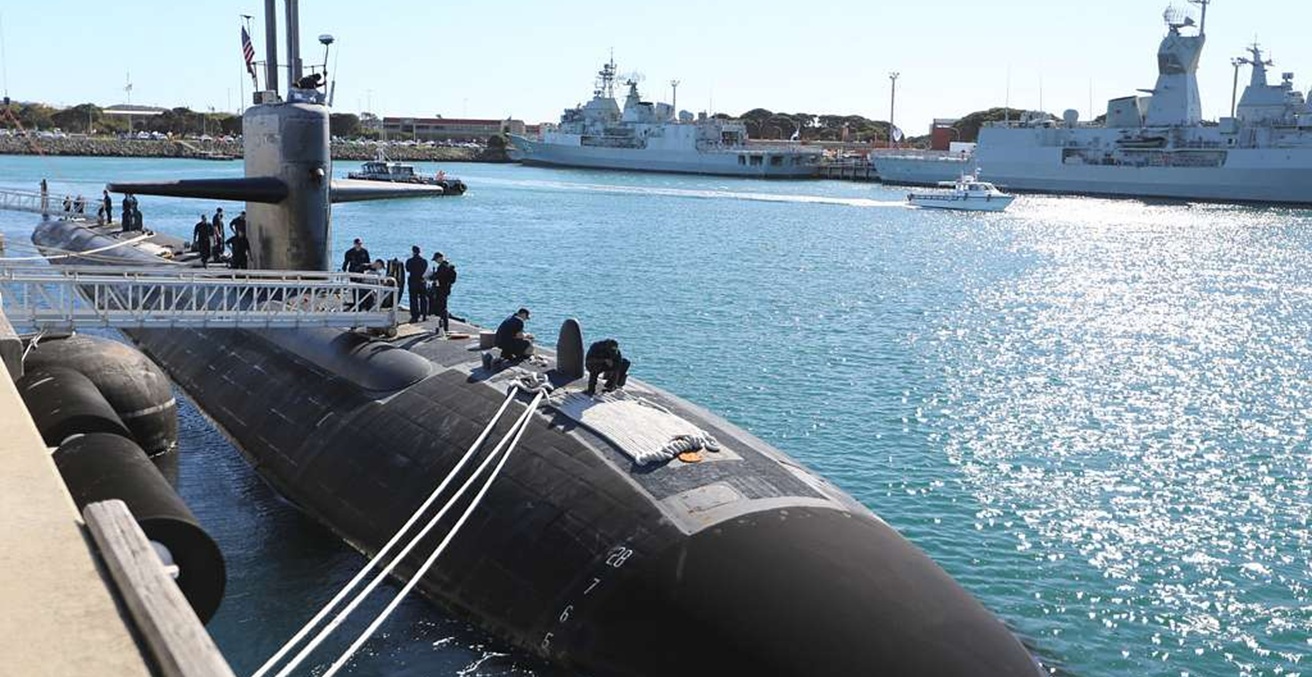Since Kenya gained independence, its foreign policy has evolved to accommodate changing trends in world affairs. However, as William Ruto prepares to take office, it is important to remember that regime change does not necessarily lead to radical shifts in Kenya’s foreign policy agenda.
In order to accurately predict the likely trends of Kenya’s foreign policy post-Uhuru Kenyatta’s presidency, it is important to first appreciate some basic facts of Kenya’s foreign policy national interests and concerns that have been at the core of her diplomatic engagements since 1963, when the country attained political independence from British colonial rule. It is our overall view that, over the last 59 years, the fundamentals of Kenya’s three core national interests, namely national security and sovereignty, economic growth and development, and regional and global concerns, have remained largely unchanged. The changes that have occurred over the last six decades have been primarily in the ordering and prioritising of foreign policy interests during the implementation process; the strategies chosen for implementing selected national interests; the idiosyncratic imprint of the incumbent president that then defines the style in the conduct of foreign policy; and the sources of foreign policy guidelines in the absence of a written foreign policy document.
During the first 49 years of Kenya’s post-colonial existence, Presidents Jomo Kenyatta, Daniel Arap Moi, and Mwai Kibaki conducted a “paperless” foreign policy. For most of that period, Kenya’s foreign policy interests, actions, and approaches tended to be guided by the president and the minister of foreign affairs’ perceptions and interpretations of world events. To ensure that actions were consistent with Kenya’s “national interests,” foreign relations actors relied on various government policy documents, including the Foreign Investment Protection Act of 1964, Sessional Paper No. 10 of 1965, Sessional Paper No. 1 of 1986, manifesto of the ruling party, National Development Plans, and Kenya Vision 2030, initiated in 2008 by the then President Kibaki.
From 1963 to 1978, under President Jomo Kenyatta, Kenya’s foreign policy strategies and approaches were rather conservative, cautious, reactive, and indecisive on most global issues, reflecting Kenyatta’s minimalist interest in global affairs in a world dominated by Cold War issues. However, in order to promote Kenya’s economic and security interests, the Kenyatta regime chose to pursue a pro-Western position and create a hospitable domestic environment that could attract foreign capital investment to spur Kenya’s economic growth. Regionally, Kenyatta sought to maintain friendly relations with his neighbors, albeit coloured with challenges in the early 1960s arising from the persisting territorial dispute with Somalia that escalated into warfare.
His successor, Daniel Arap Moi, maintained a similar foreign policy agenda. Indeed, President Daniel Arap Moi, publicly proclaimed that he would follow in Kenyatta’s footsteps. However, unlike his predecessor, Moi was personally involved in the conduct of Kenya’s foreign relations and directly interacted with his counterparts around the world. Moi demonstrated great interest in hinging the country’s foreign policy on mediation and peacemaking efforts in Africa. Despite Moi’s authoritarian political governance, some scholars labeled Kenya an “Oasis of Peace” compared to the volatile Greater Horn of Africa.
After 24 years of authoritarian rule, President Moi handed over power to President Mwai Kibaki in 2002, along with a battered economy after decades of corruption and poor economic mismanagement. Kibaki, a renowned economist, focused his foreign policy agenda around Kenya’s economic growth. His foreign policy agenda shifted from peace and conflict resolution to increasing Kenya’s national wealth through economic diplomacy. His foreign policy strategy involved the expansion of Kenya’s foreign partners to include emerging economic powers such as China, India, and South Korea. When Kibaki left office in 2013, the Kenyan economy had significantly improved, albeit marred by corruption.
Additionally, President Kibaki initiated radical and transformative reforms in Kenya’s foreign policy in response to the changed global environment of the 21st century. President Kibaki made the bold move of spearheading the drafting of the first written Kenyan foreign policy document in 2003. Launched in 2014, its content shifted Kenya’s foreign policy priority interests away from political issues and toward economic issues. In order to achieve Kenya’s economic and developmental interests, the 2014 foreign policy document emphasises seven instruments that are viewed as key enablers in the advancement of Kenya’s interests globally. These are: sovereignty and territorial integrity, regional peace and security, Kenya’s national image and prestige, regional integration, Kenyans in the diaspora, shared cultural values, and the environment. This foreign policy shift was also manifested in the deliberate diversification and reordering of external development partners with whom Kenya wished to do business. Since 2014, Kenya’s foreign policy has been guided by a well written foreign policy document that outlines the principles, objectives, and core priorities in relation to Kenya’s current diplomatic engagements.
Kenya’s foreign policy did not change significantly during the ten-year administration (2013-2022) of the outgoing President Uhuru Kenyatta, who remained faithful to the provisions of the 2014 foreign policy document and putting the economy first. What has changed is the style, the strategies employed, and the ordering of external partners and relationships. For example, Kenyatta has been more hands on in the execution and advancement of Kenya’s core interests internationally than Kibaki.
Kenyatta ensured continuity in expanding Kenya’s national wealth through economic diplomacy as the core of Kenya’s foreign policy agenda. Kenyatta also improved Kenya’s security interests through an aggressive response to terror threats. Despite political challenges, as Kenyatta leaves office, Kenya’s foreign status and influence in the region has improved.
Guided by this diplomatic history, Kenya’s foreign policy going forward, is unlikely to radically deviate from the objectives outlined in the 2014 foreign policy document. However, the new Kenyan leader, President-Elect William Ruto, will have his own style of leadership and may re-order Kenya’s foreign policy priorities to fit the current needs of the country. Ruto is likely to prioritise the advancement of economic interests, even as he seeks leadership in East African Community affairs. On matters of security, the peace diplomacy pillar will also continue to occupy an important place in Kenya’s foreign policy engagements, due in part to the continuing terror threats and territorial and other disputes in the region.
Finally, it is important to note that the political party manifesto and Ruto’s campaign promises steered clear from indicating any drastic foreign policy shifts. Instead, Ruto’s manifesto emphasises the enhancement of Kenya’s economic status through a “bottom –up” economic model. President Ruto is likely to be guided by an approach that helps reduce the huge external debt, which has risen from 2 trillion shillings in 2013 to 9 trillion shillings in 2022, high inflation pressures, drought, and massive unemployment. The war in Ukraine has also led to commodity price shocks particularly for fuel, fertilizer, wheat, and other food imports. Kenya’s economic engagement with the global community is therefore bound to remain a priority area for the new administration as the country works toward economic recovery. It is therefore our overall expectation that under President Ruto’s regime, the economic pillar is likely to be dominate in the prioritisation and execution of Kenya’s interests abroad. It is unlikely that there will be any substantive changes or deviations from Kenya’s foreign policy focus, under Kibaki and Uhuru Kenyatta.
Maria Nzomo is Professor of International Relations and Governance at the Department of Diplomacy & International Studies at the University of Nairobi and is a retired Ambassador of Kenya that served at the United Nations & WTO, Geneva.
Winnie Rugutt is a Tutorial Fellow and Doctoral Student at the Department of Diplomacy & International Studies of the University of Nairobi.
This article is published under a Creative Commons License and may be republished with attribution.




